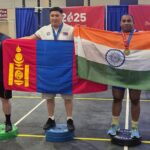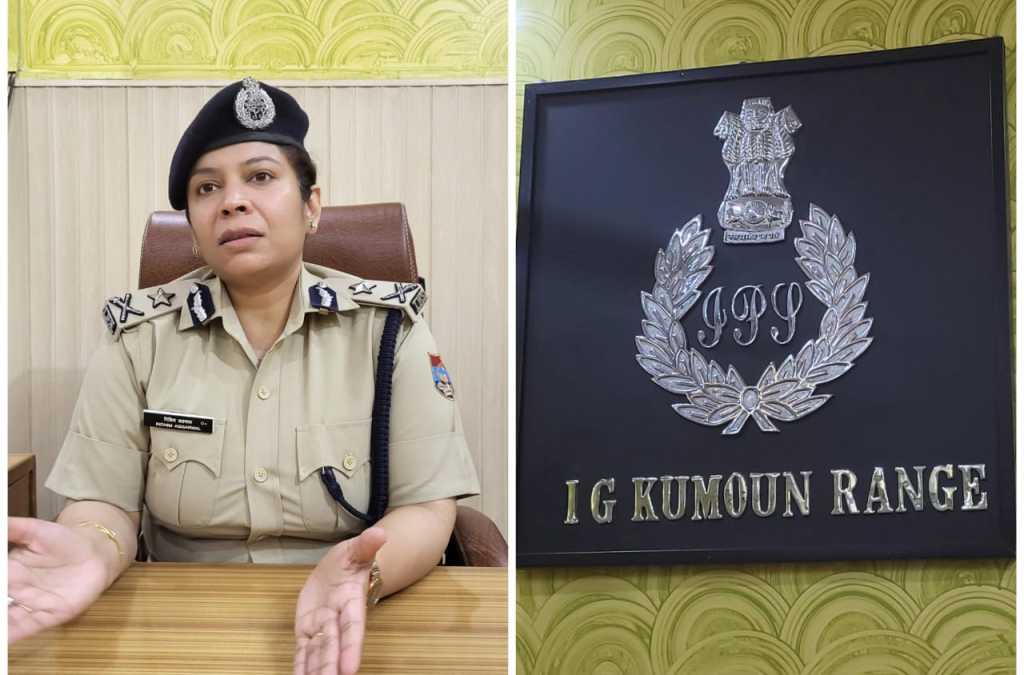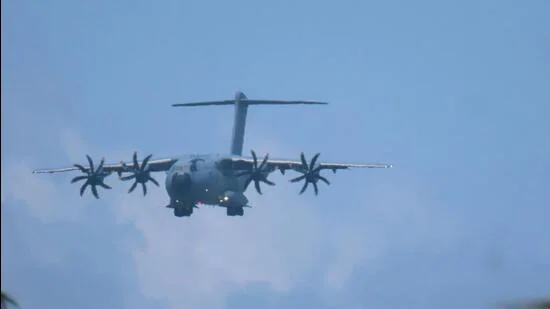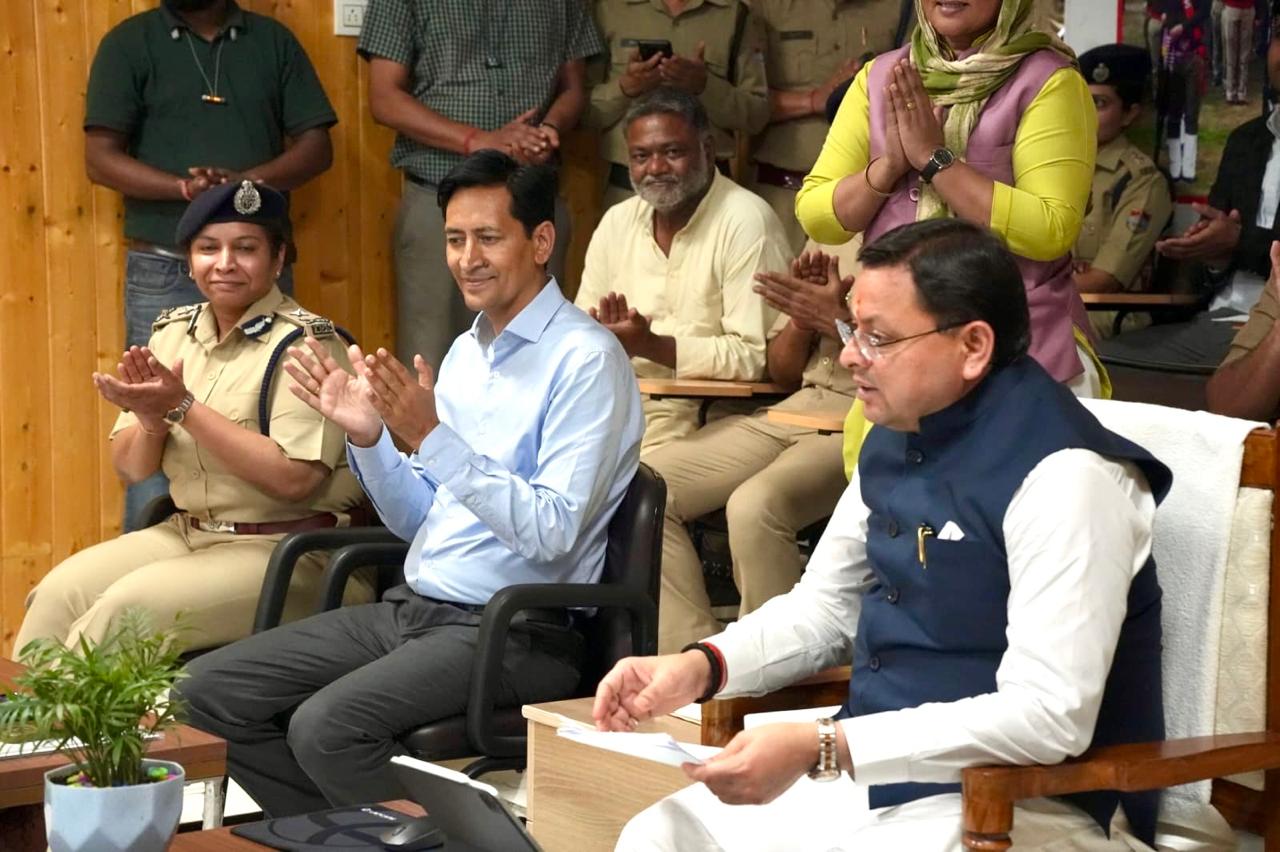Himalaya Harbinger, Rudrapur Bureau
Pakistan, which was unopposed, garnered 182 votes in the 193-member General Assembly — far more than the required 124 votes representing a two-thirds majority.
Loud applause rang out in the iconic hall of the General Assembly when its president, Dennis Francis, announced the winners of the five non-permanent seats — Pakistan, Denmark, Greece, Panama and Somalia — to replace Japan, Ecuador, Malta, Mozambique and Switzerland whose terms end on December 31. He congratulated them on their victory.
Pakistan will replace Japan, which currently occupies the Asian seat, on January 1, 2025, to begin a two-year term, its eighth.
As Munir Akram, Pakistan’s permanent representative to the UN, emerged from the hall, an APP correspondent asked him about Pakistan’s priorities and goals as a member of the 15-member council.
He said Pakistan’s election “represents the confidence of the international community in Pakistan’s ability to promote the purposes and principles of the UN Charter”.
Pakistan, Ambassador Akram, said would actively work with other member countries of the council to advance the shared objectives.
In this regard, he especially highlighted Pakistan’s ambition to contribute meaningfully to the prevention of conflicts and their peaceful settlement in line with the UN Charter.
Pakistans earlier terms on the council were in 2012-13, 2003-04, 1993-94, 1983-84, 1976-77, 1968-69 and 1952-53.
Pakistan joins the UNSC at a time of great international upheaval and challenges and plans to pay special attention to the promotion of peace and security in South Asia; upholding the principle of self-determination for the people of Palestine and Kashmir; promotion of normalisation in Afghanistan; promotion of equitable solutions to the security challenges in Africa and enhancement of the effectiveness of UN peacekeeping operations.
As a non-permanent member of the UNSC in the past, Pakistan had made significant contributions to its work aimed at strengthening international peace and security Over the last 50 years, Pakistan has been a leading contributor to United Nations peacekeeping missions.
Currently, it has over 4,000 troops and other personnel deployed in UN peacekeeping missions around the world.
The new members will join the five veto-wielding permanent members the United States, Russia, China, United Kingdom and France and the five countries elected as non-permanent members last year Algeria, Guyana, South Korea, Sierra Leone and Slovenia.
Prime Minister Muhammad Shehbaz Sharif expressed his delight and congratulated the nation on the development.
“Proud moment as Pakistan receives a resounding 182 votes and is elected to the United Nations Security Council for the term 2025-26,” the prime minister wrote on X.
“Our election to the council with such overwhelming support of UN member states at this critical time bears testament to the international community’s confidence in Pakistan’s diplomatic standing as well as to our commitment to global peace & security,” he said.
“We look forward to working with the international community to address pressing global challenges. We will continue to play our role in promoting peace, stability and cooperation among nations”.
Deputy Prime Minister and Foreign Minister Mohammad Ishaq Dar also extended his congratulations to the nation.
He said Pakistan looked forward to upholding its commitment to the UN Charter vision of preventing war and promoting peace; fostering global prosperity and promoting universal respect for human rights.
“We remain determined to contributing effectively towards the maintenance of international peace and security in line with UNSC’s mandate,” he said in a post on X.
He also commended the excellent election campaign and teamwork by the Ministry of Foreign Affairs, the Pakistan Mission to the UN and all the missions abroad.










